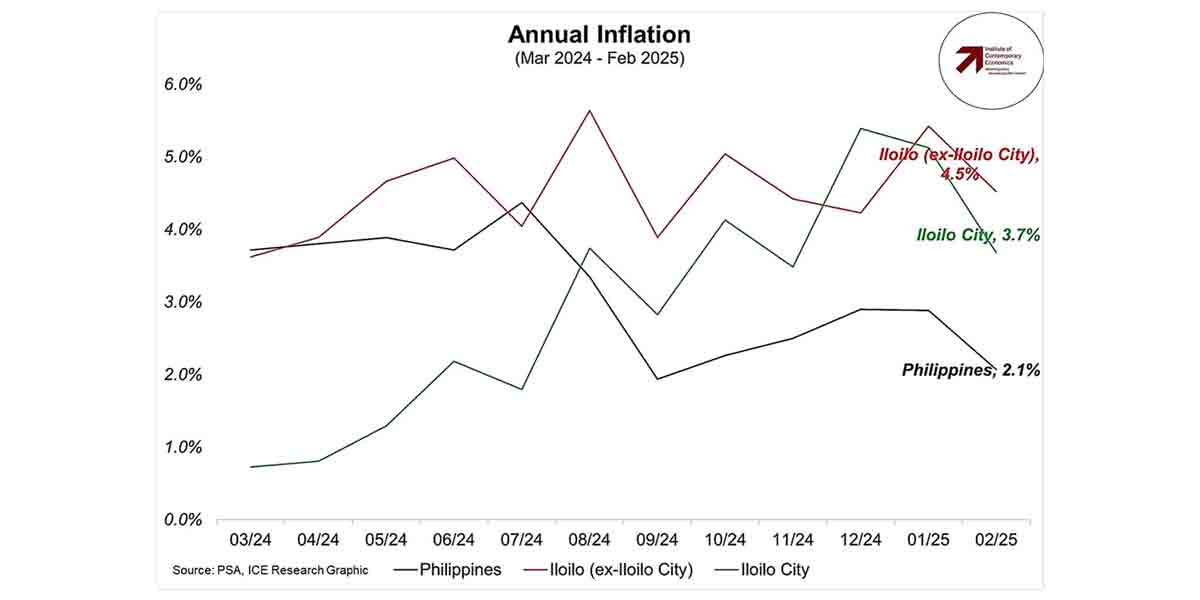By Engr. Carlos V. Cornejo
Crying seems to be a sign of weakness. We were taught since we were kids that we should not cry especially with boys. Boys are supposed to be strong and man enough to fight their problems and adversaries. No wonder there are more men in jail than women. Men are not able to release their emotions because they have been taught since childhood not to cry. Girls can cry as much as they want but not boys. Psychologists say the lack of emotional outlet for boys makes them channel their subdued feelings to doing the wrong things.
Women can get criticized too if they cry. If you are a woman executive or occupying a top position in the corporate world, people under you should not see you cry at work according to some writers, because your subordinates might become weak too in confronting problems and obstacles in the workplace. Leaders should be an example of toughness and be a pillar of strength for their followers they would say. These opinionated writers would want you not to be human anymore but a machine. Of course, it’s fine to cry when the need calls for it, such as when a colleague at work suddenly passes away.
Nowadays, if you cry out in the open, people try to stop you. It makes them uncomfortable. It’s somehow socially unacceptable. Worse than swearing. People seem to be more comfortable with someone swearing than crying. To cry openly according to them shows a lack of control, a loss of power.
But I say it’s ok to cry even for men if the occasion calls for it. David, Israel’s greatest king and warrior in the Old Testament wept so many times in his life. First when he was sorry for his sin of adultery and killing of his mistress’s husband. Second, when his best friend Jonathan and his father Saul were killed in battle. Third, when the Amalekites captured Israel’s women and children in Ziklag. Scripture says, “So David and his men wept aloud until they had no strength left to weep.” (1 Samuel 30:4)
St. Ignatius of Loyola the founder of the Jesuits considered his tears to be a great gift of God. He mentions tears 175 times in the first part of his spiritual diary and speaks of tears in every single entry of the second half. They weren’t a few drops but great torrents so intense they left him speechless. Those tears brought him great gifts—humility, intimacy with God, greater devotion, peace and strength. He considered tears to be a mystical grace. Many theologians would say the same thing. When you are moved to tears by a story of heroism and self-giving such as those of St. Maximilian Kolbe, it is a grace and inspiration from God to imitate these noble acts. And the best example of course is from our Lord Jesus Christ Himself. One of the shortest verses but at the same time the most moving example of Christ is when the Gospel says: “Jesus wept” when His friend Lazarus died. He showed His humanity. He did it in front of his friends and followers. In front of a crowd.
Regina Brett would say, “Too bad so many men and women refuse to cry and boast of not doing it. They would say they saw a very sentimental movie and say they almost cried. Almost? Why do they hold back? We need to stop hiding our tears and actually share them. It takes a strong person to cry. It takes a stronger person to let others see those tears. We need to be tough enough to be tender, no matter who is watching.”

























